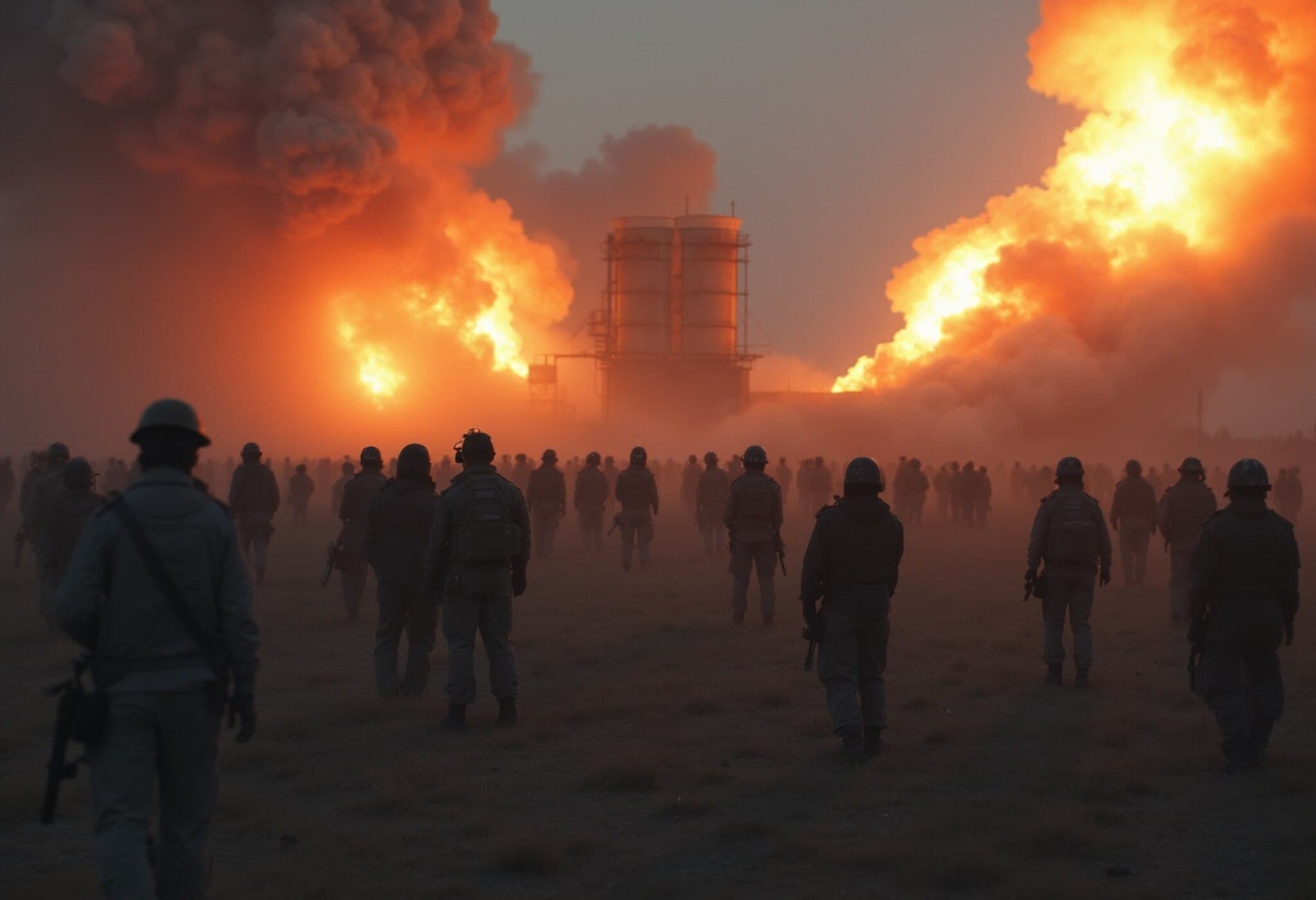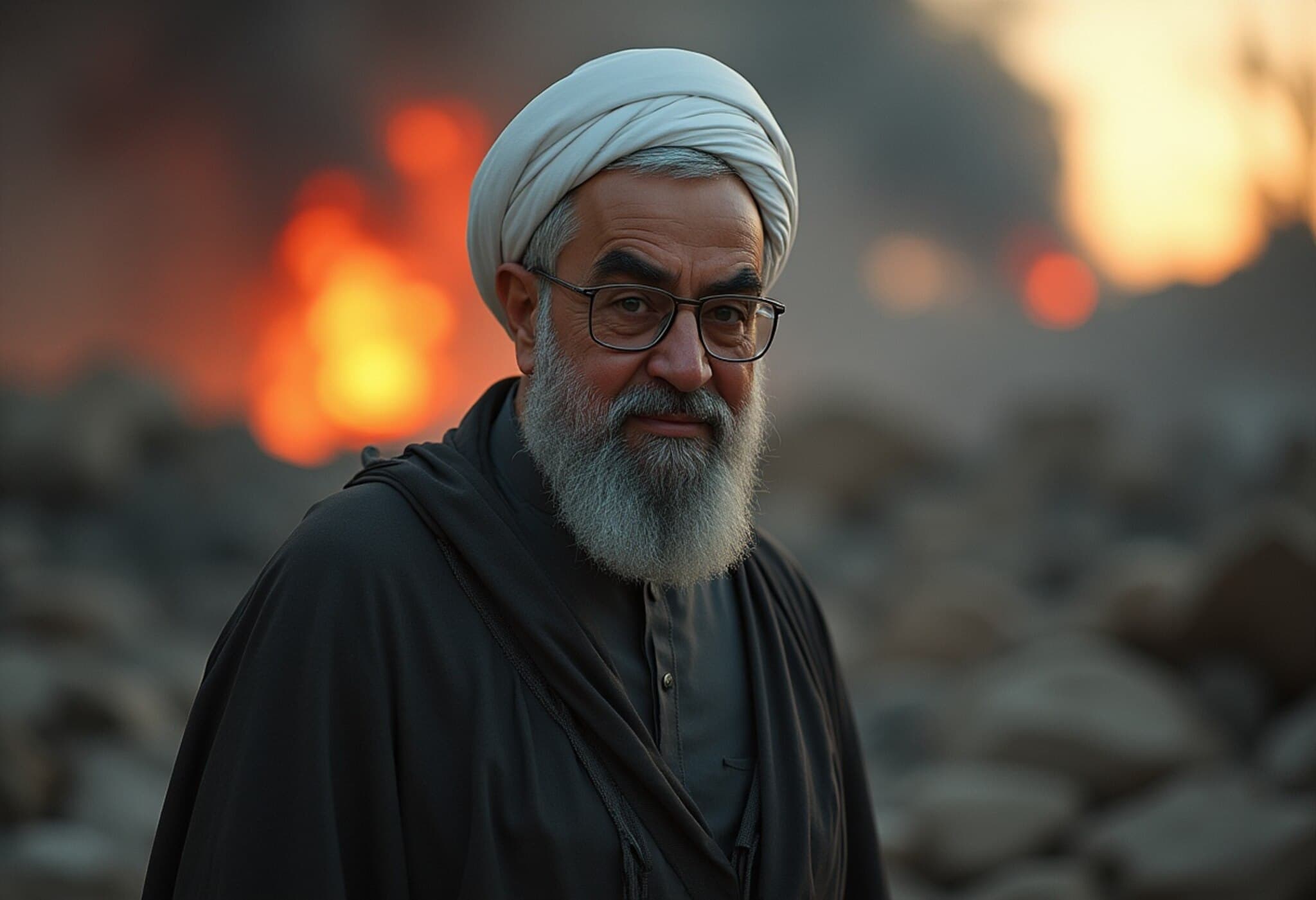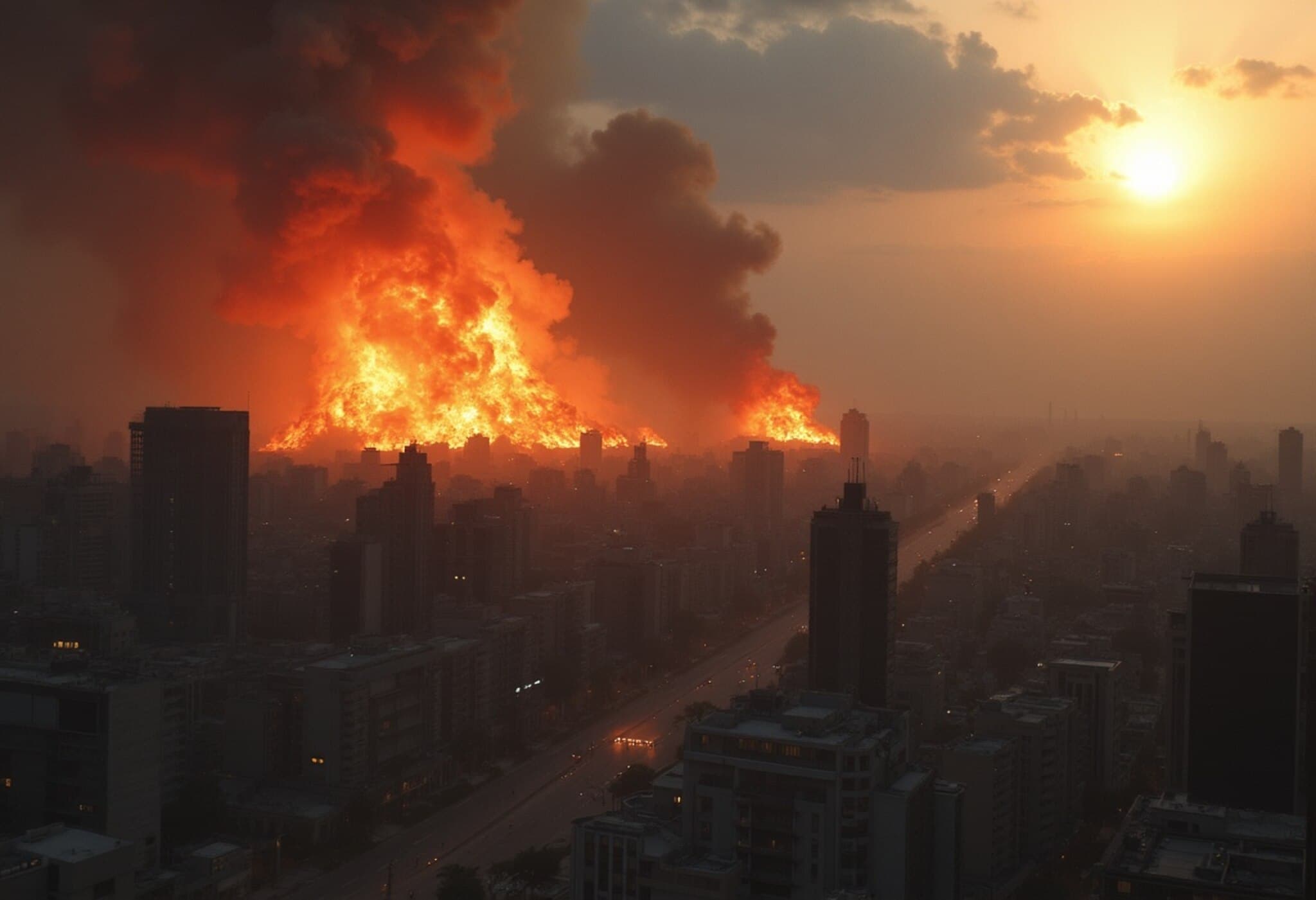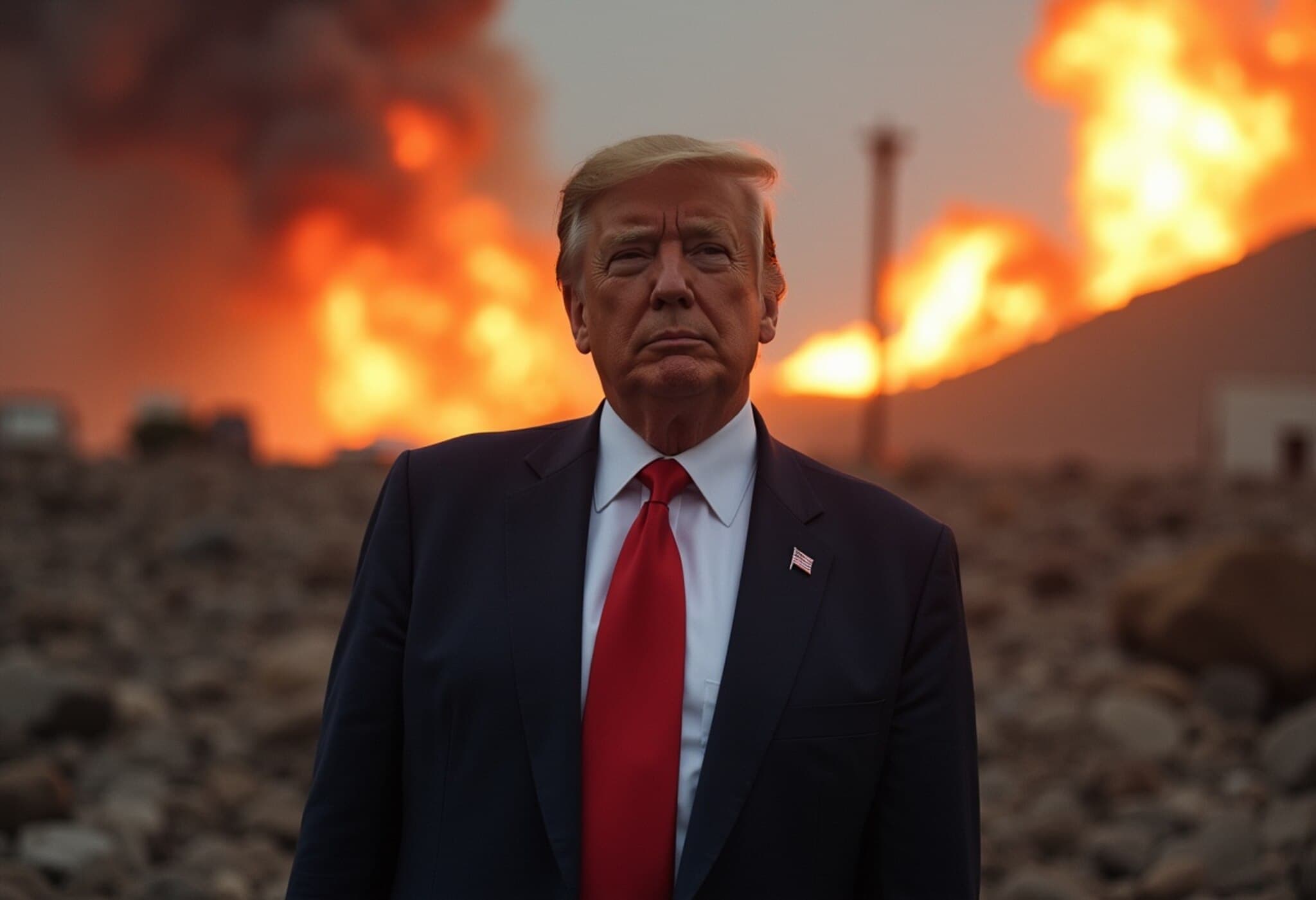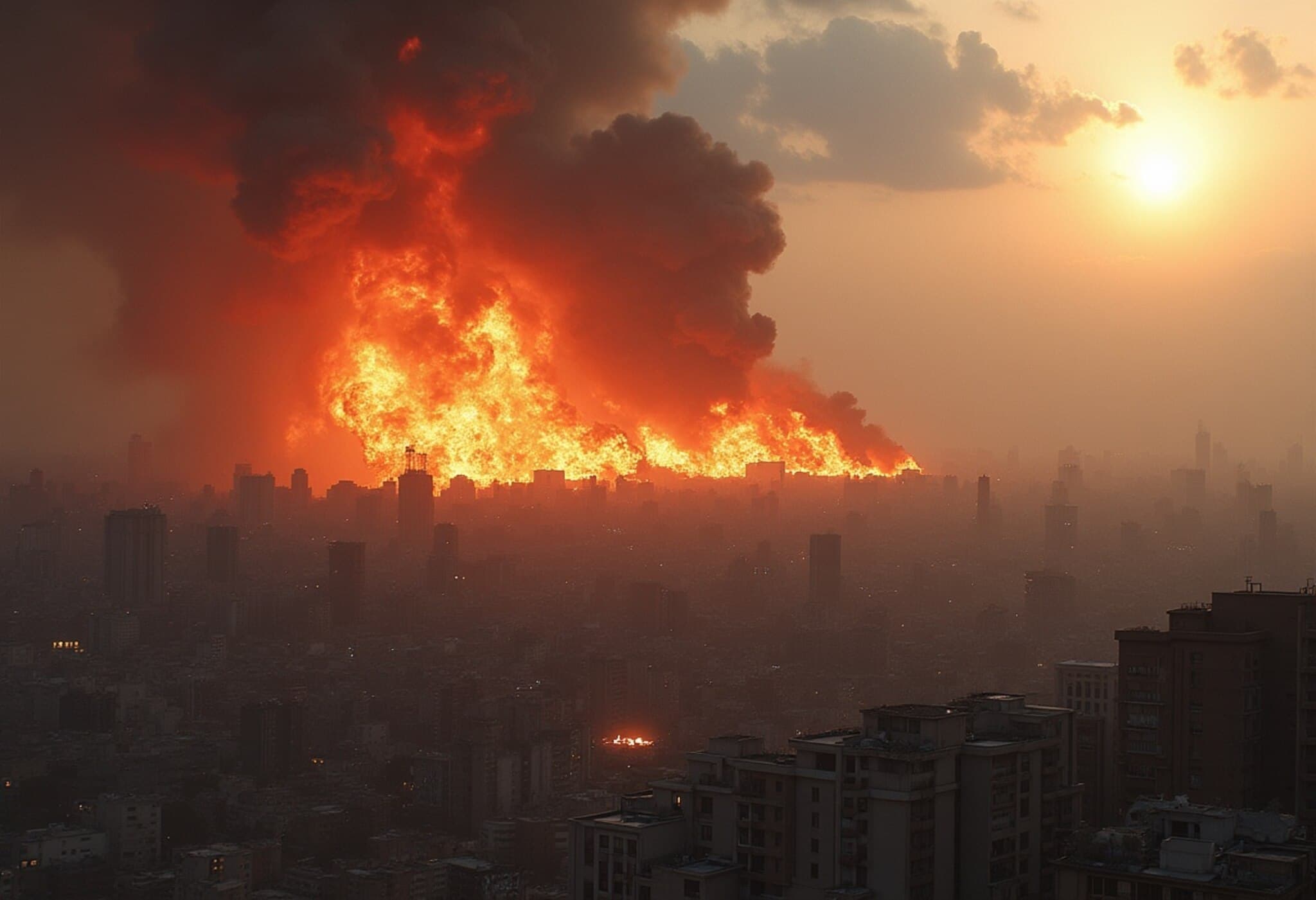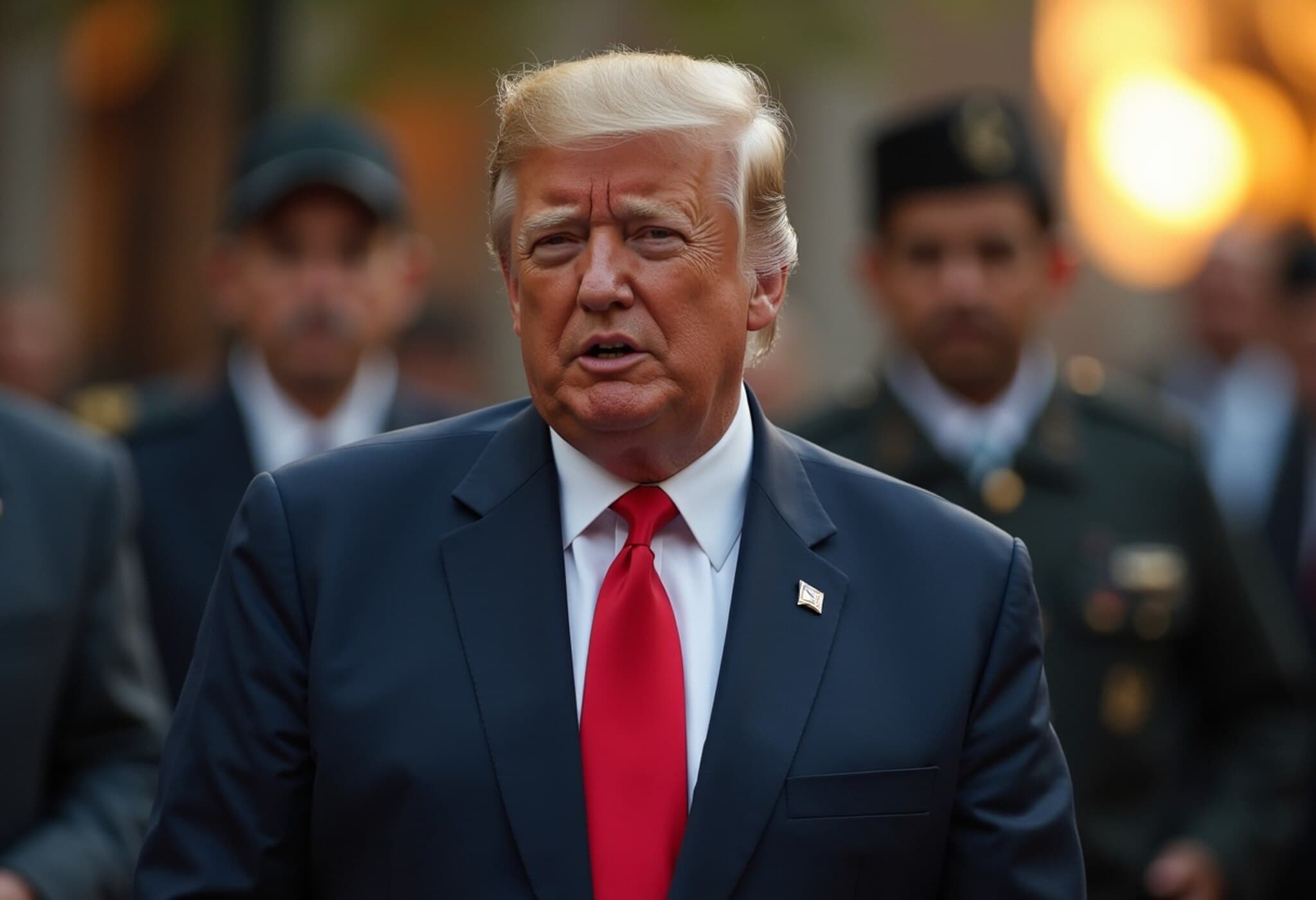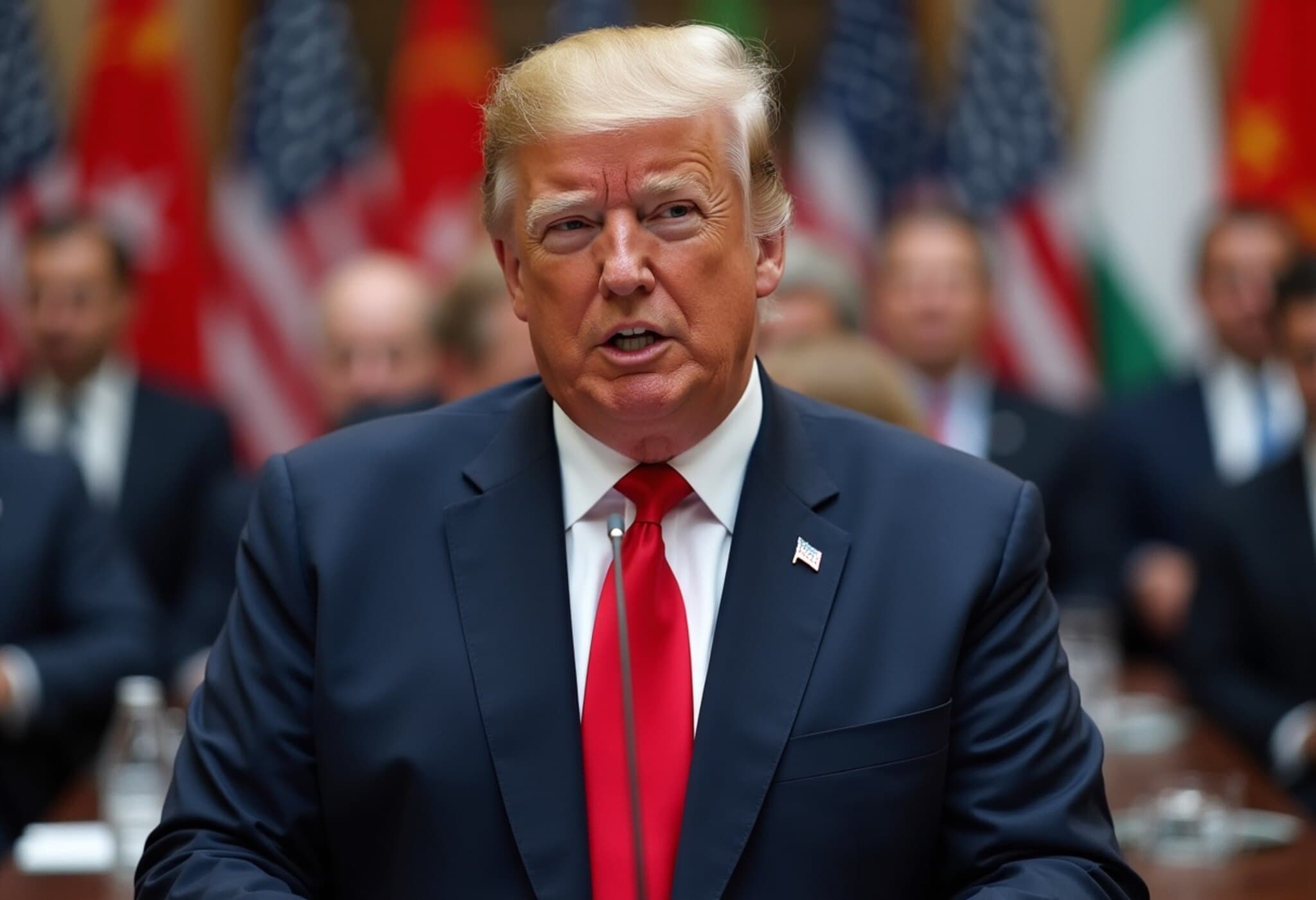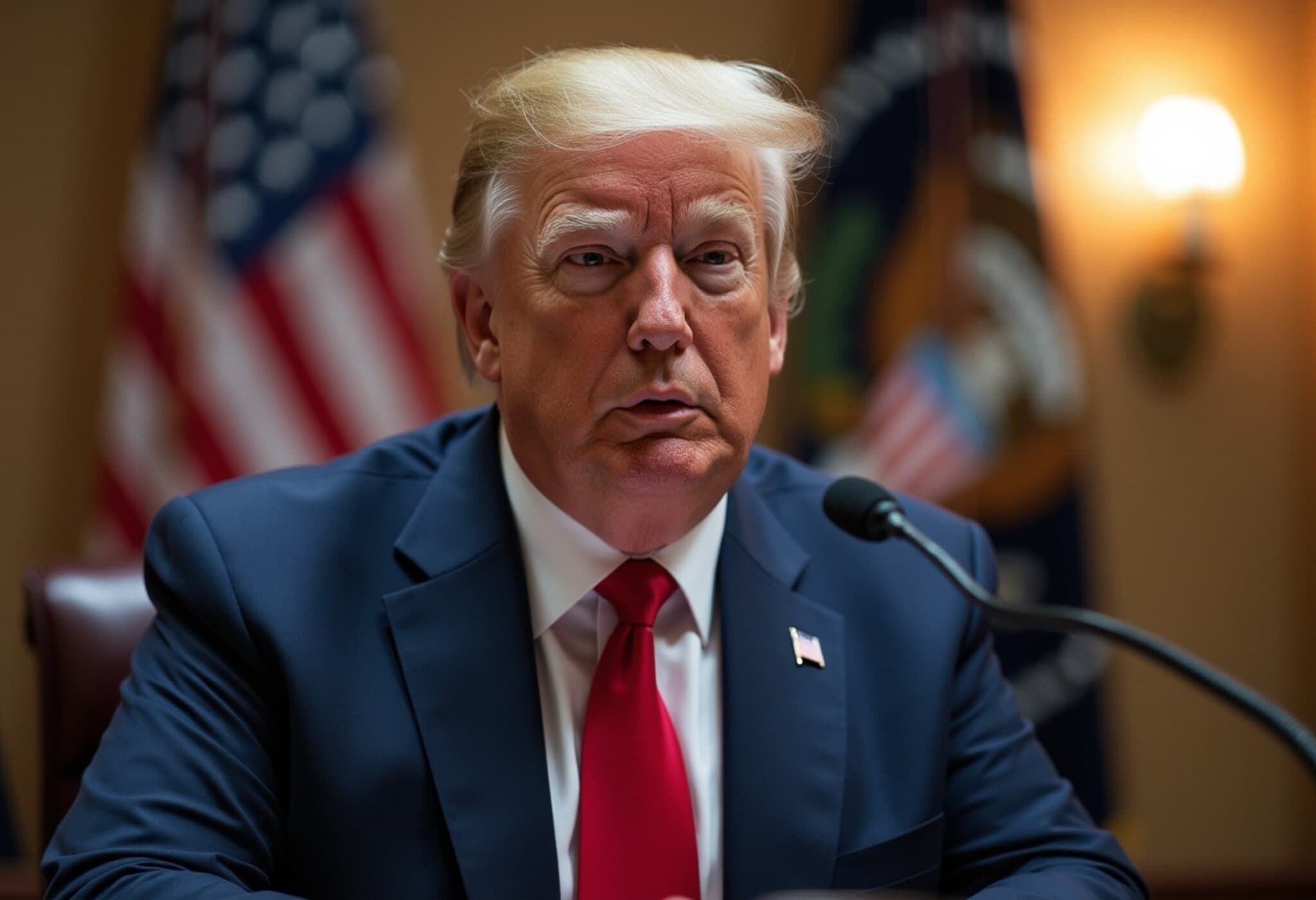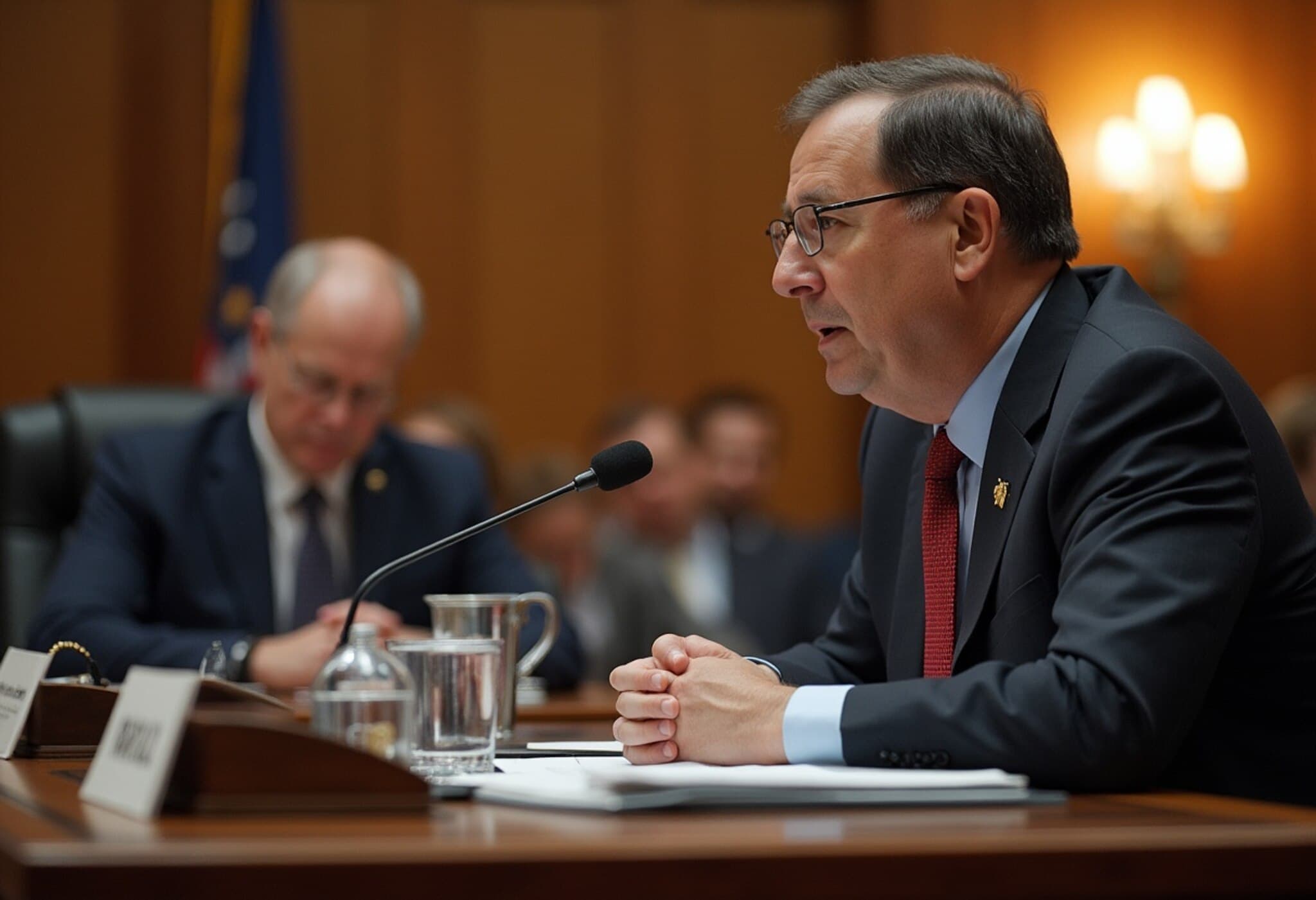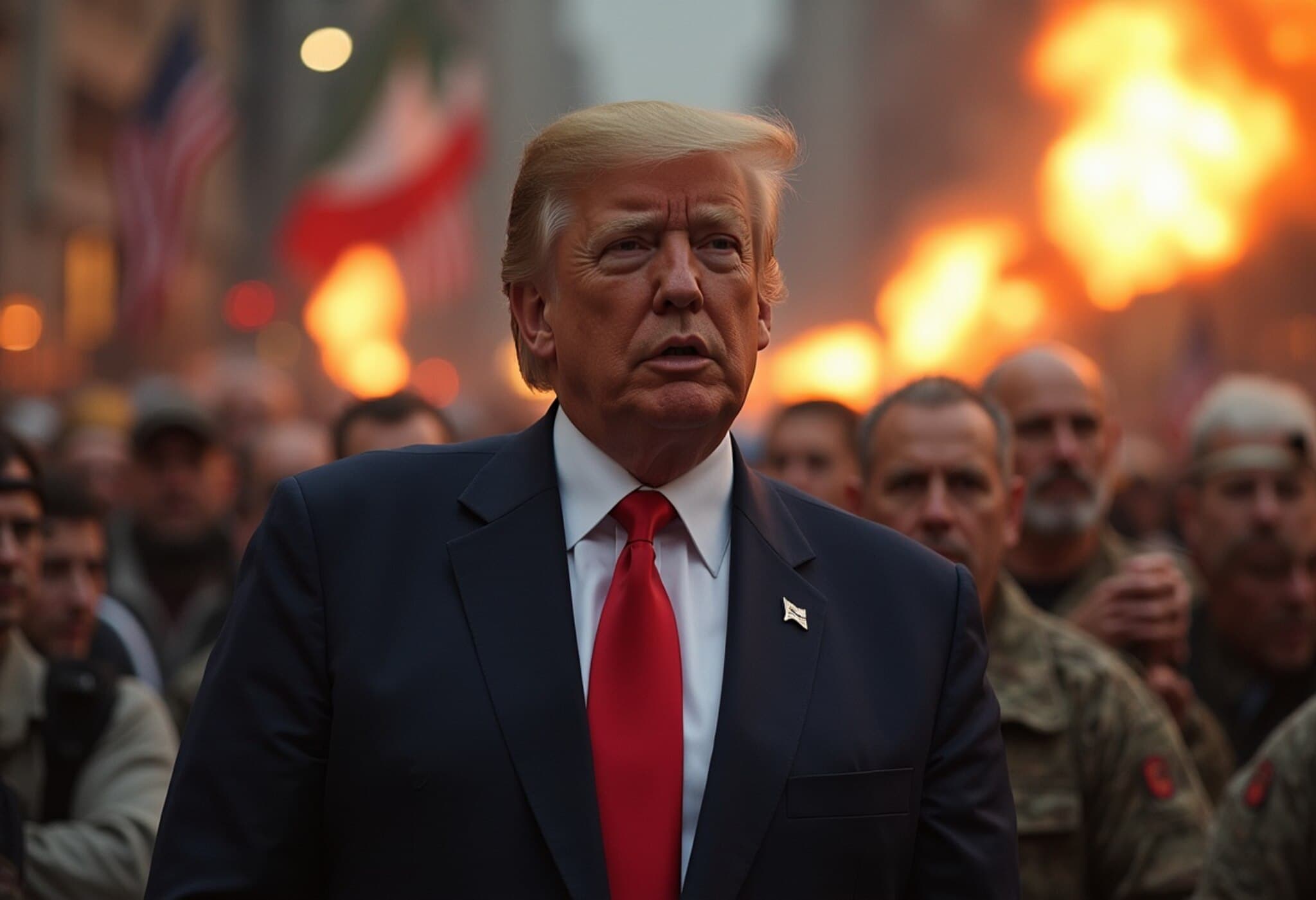Iran’s Sleeper Cell Warning Amid Rising Tensions
Just days before the United States launched surprise military strikes on Iran’s nuclear facilities, Tehran reportedly issued a stark warning: sleeper cells embedded in the US could be activated to carry out attacks if any offensive proceeded. Sleeper cells are covert operatives who remain inactive until given orders to execute sabotage or terror activities.
Threat Delivered During G7 Summit
According to insider reports, the threat was relayed directly to then-President Donald Trump through an intermediary during last week’s G7 summit held in Canada. Trump, who left the summit early citing “operational security,” opted to return to Washington amid escalating tensions between Iran and Israel.
US officials familiar with the situation revealed that Iran’s message warned of potential terrorist actions on American soil carried out by these dormant cells if the US went ahead with strikes on Iran’s nuclear program.
Strikes on Nuclear Sites Approved
Undeterred, Trump authorized targeted strikes late Saturday night on key nuclear sites in Iran, specifically at Fordow, Natanz, and Isfahan facilities. The operation was later hailed by Trump as “a spectacular military success.”
While the US has yet to confirm if any sleeper cell threats actually materialized after the strikes, the potential risk has kept officials on high alert.
Additional Regional Developments
In a related move, Trump reportedly vetoed an Israeli plan to assassinate Iran’s Supreme Leader, demonstrating the complex dynamics at play. Meanwhile, Israeli Prime Minister Benjamin Netanyahu stated that Israel is now “close” to dismantling Iran’s nuclear capabilities.
Heightened Security Concerns Back Home
Reflecting growing apprehensions, a recent security bulletin issued by the Department of Homeland Security highlights a “heightened threat environment” within the United States. This includes elevated risks of low-level cyberattacks from pro-Iranian hacktivists and more sophisticated cyber operations potentially orchestrated by Iranian state actors.
Homeland Security Secretary Kristi Noem emphasized the broad spectrum of threats linked to the ongoing Israel-Iran conflict, warning that it could inspire violent extremists and fuel hate crimes, particularly antisemitic attacks.
What Lies Ahead?
The situation remains volatile, with the US and its allies carefully monitoring developments both abroad and domestically. The complex dance of military operations, intelligence warnings, and diplomatic efforts continues to shape this high-stakes confrontation.

